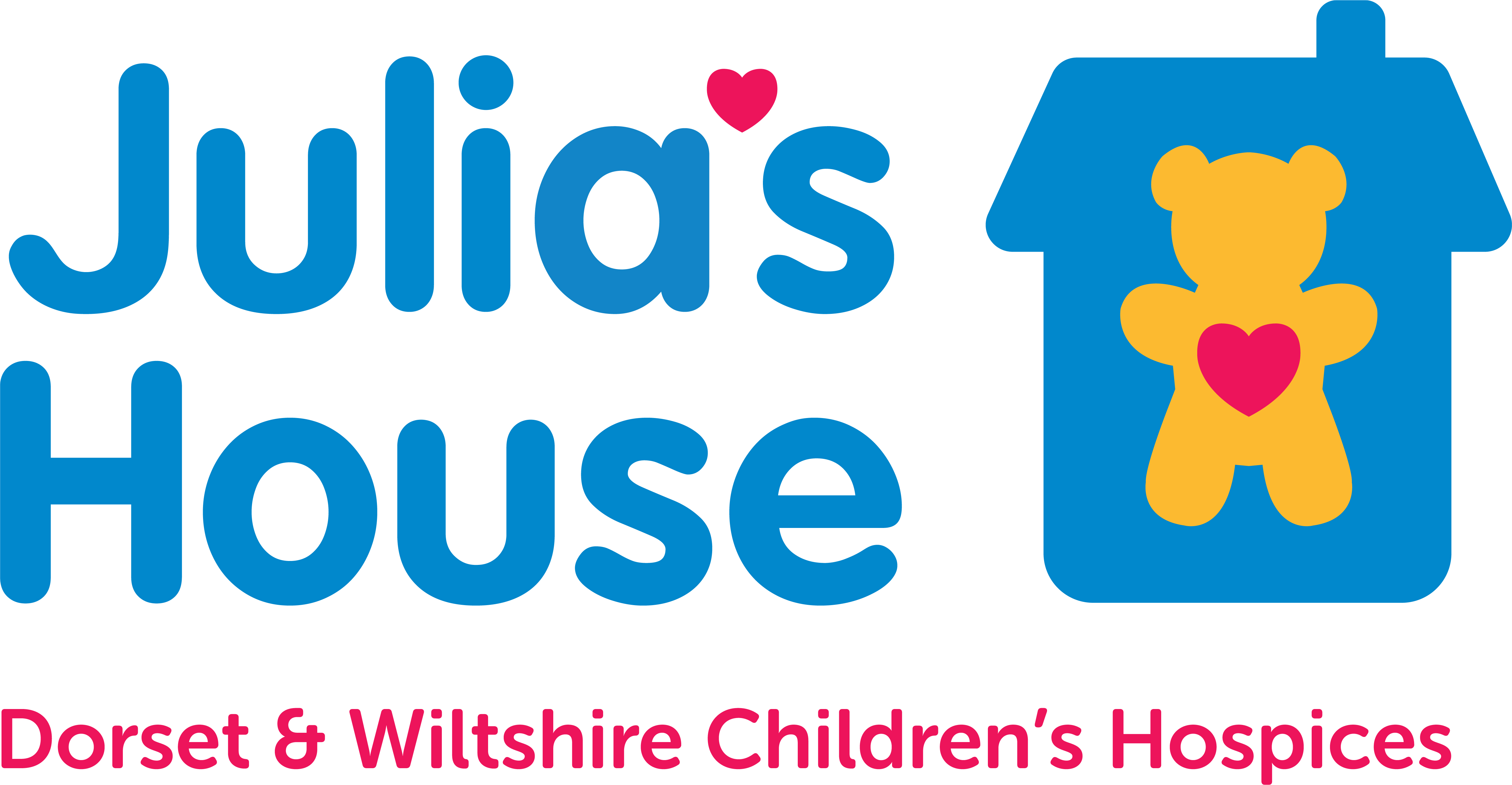Our Chief Executive, Martin Edwards, has welcomed the government’s decision to allocate £30 million for additional short breaks for families with disabled children as “a good start”.

The Department for Education has recently announced that the funding will be available for the next three years to set up more than 10,000 additional respite placements across England. It forms part of a wider package of reforms that ministers have launched to transform education and opportunities for disadvantaged children.
Julia’s House CEO Martin Edwards said, “The £30m that will be given to Local Authorities is a good start, but not yet a game-changer. It is £10m a year for three years spread across the whole country, and parents of disabled children are a very large group. We must keep up the pressure on their behalf, and show more politicians, locally and nationally, how respite keeps families from falling apart. Ultimately we need to convince Government to prevent the crisis with a lasting solution.”
The news on additional funding follows the ‘Give Me a Break’ report, which was published by Julia’s House and the UK children’s hospice charity, Together for Short Lives in 2020.
This report showed that parents of seriously ill children who need respite would experience significantly less stress as a result of receiving breaks – moving them out of the ‘most stressed’ category of society. As a result, short breaks improve parents’ physical and mental health and reduce their demand for NHS care. They are also likely to have a positive impact on siblings and reduce the risk of parents breaking up.
“Many of the local families that we support at Julia’s House face exhaustion on a daily basis as they provide round the clock care for their children who have hugely complex conditions,” continues Martin. “Over time, this immense pressure can push a family to breaking point if they don’t have access to regular breaks to relieve this stress and spend quality time together.
“We have been researching and campaigning for more than five years to spotlight the life-changing impact respite care has on these families, from improving health outcomes to preventing relationship break ups, and we will continue to campaign to raise awareness and increase funding on behalf of these families.”
The first national research study was undertaken with Bournemouth University in 2017 assessing the impact of respite breaks on parents.
Existing legislation and government policy are clear that local councils in England should make sure families can access short breaks. However, too many cannot, which is a serious health inequality. The way in which short breaks are planned, funded and provided is patchy and unsustainable. The Disabled Children’s Partnership (DCP) has identified an annual £573 million funding gap in disabled children’s social care.

